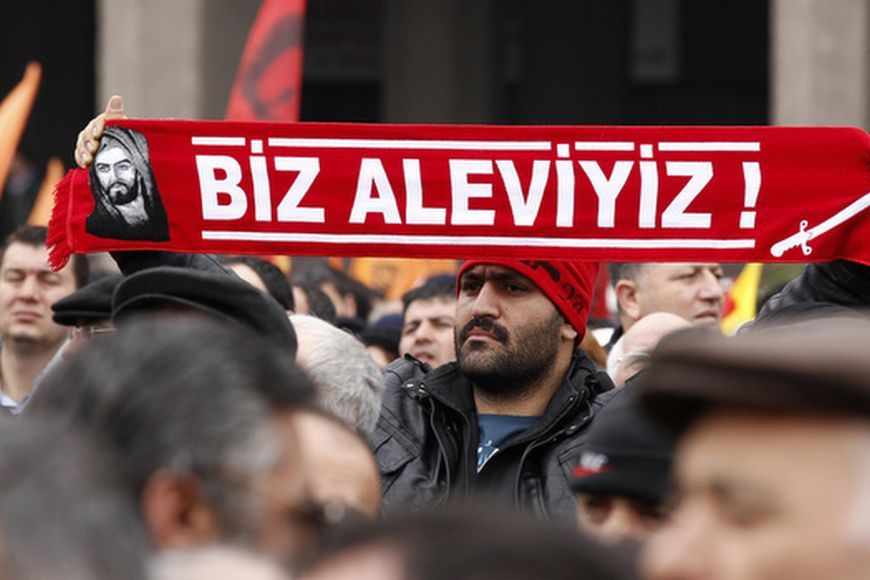Why does not “Alevi Initiative” Initiate at All?

Although it is usually mentioned by ministers in some certain occasions, why does Alevi Initiative remain inconclusive? Why couldn’t AKP, the ruling party, solve the problem and meet the requests?
First Recep Tayyip Erdoğan, then Ahmet Davutoğlu and lastly Binali Yıldırım had the issue of “legal status of cemevis” in their action plans. So, why can’t they solve the problem? Why does the government’s power fall short of finding a solution?
What is more, this is not only the expectation of Alevis, it is also the European Court of Human Rights’ (ECHR) verdict. It means that Turkey does not abide by any international law.
Action Plans
Although the cabinets of Erdoğan, Davutoğlu and Yıldırım had action plans in their agendas, they couldn’t take concrete steps. The real blocking here is how to define cemevis. Are they “places of worship” or “culture centers”? Alevis strongly oppose to the last one.
ECHR’s verdict says cemevis should be defined as “places of worship.” For the government, it means that other places of worship than mosques actually exist. This is where the trouble comes because, President Erdoğan objected to define cemevis as places of worship. “The place of worship is mosque in Islam. Cemevis are cultural places. Have you heard any other place of worship than churches in Christianity?” he said in a meeting in 2013. A year later, in a meeting that he came together with Alevi society representatives, he was softened: “If my Alevi brothers and sisters say cemevis are places of worship, I won’t oppose to that. But in my personal opinion, this kind of a legal status can cause separation in Islam.”
So Erdoğan, although using different tones, opposes to define cemevis as places of worship. That’s why; the government is still confused.
When Alevis say “define us”, the government starts thinking about what is cultural or what is religion; what is ideological or sectarian and cannot find a solution for cemevis. It is also unknown how to locate cemevis within the Presidency of Religious Affairs.
Places of Wisdom
Meanwhile, it is not yet certain if cemevis will be among “traditional places of wisdom”, which the goverment plans to define as one of their “reforms”. However, nobody knows where will be defined as a cemevi or another organization; who will decide on who is a dede or not. Defining cemevis as “cultural centers” means to connect them to the Ministry of Culture, and Alevis say no to that.
Legal Status of Dedes
Another unsolved problem is the legal status of dedes (“grandfather”-religious leader in Alevism) Are they going to be paid by the government? Some Alevis don’t like this idea. They want to know which institution will cover their trainings, how they will be positioned as a government officer.
European Court of Human Rights defined Alevi people’s not benefiting from public services as “religious discrimination” and found Turkey guilty. In order to make a change and pay cemevis’ electric and water bills, the government should change their construction, municipal and electricity market laws. Only by these changes cemevis can get their operating license, can be prevented from destruction and their water and electricity bills can be paid.
Religion Lessons
There is another problem with religion lessons in Turkey. The Ministry of Education should work closely on it. Will Alevi students take another religion lesson or will the content of compulsory religion lesson be updated? Will the new content make Alevis happy?
All these issues are the main reasons for Alevi Initiative to not initiate at all.

Bizi Takip Edin